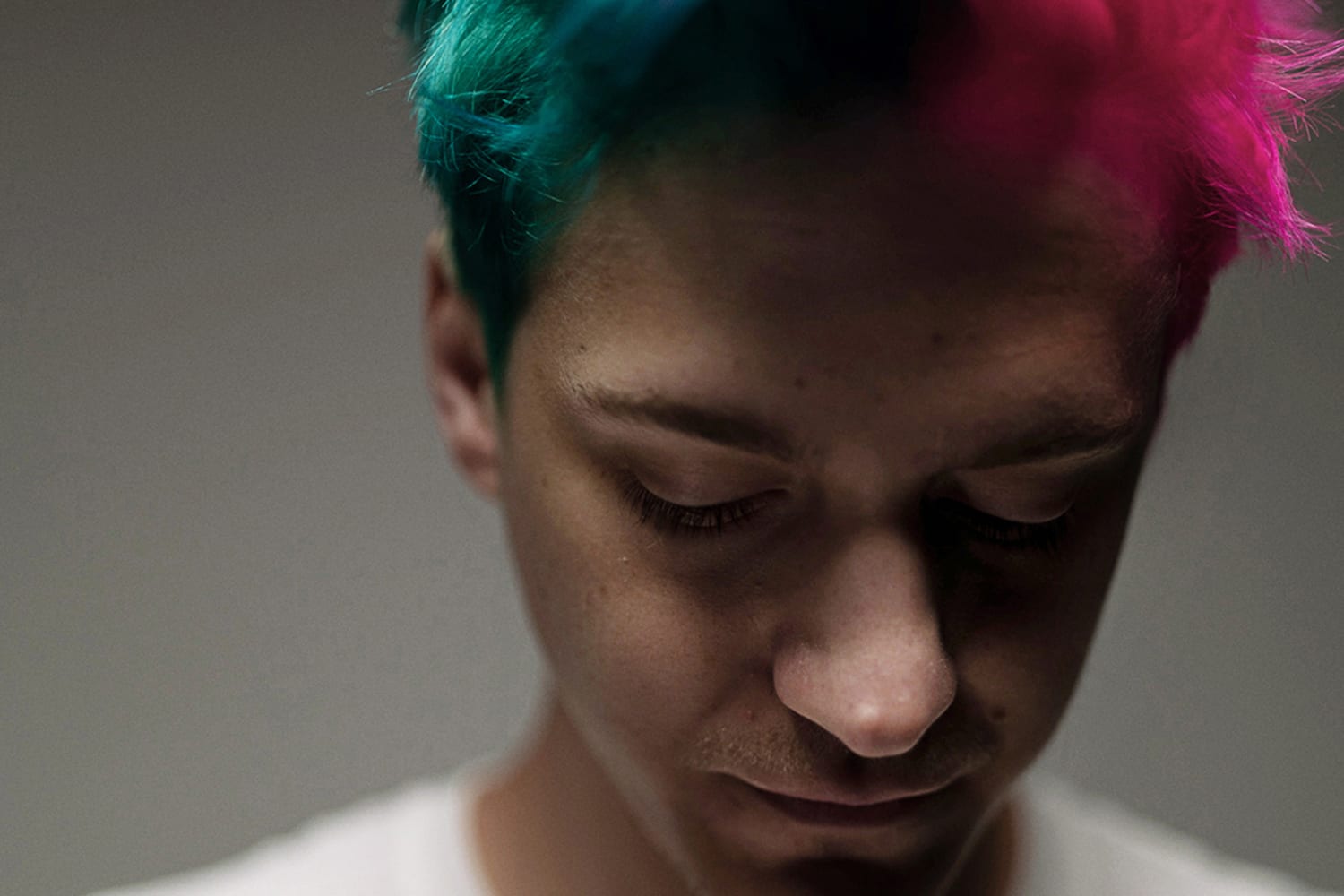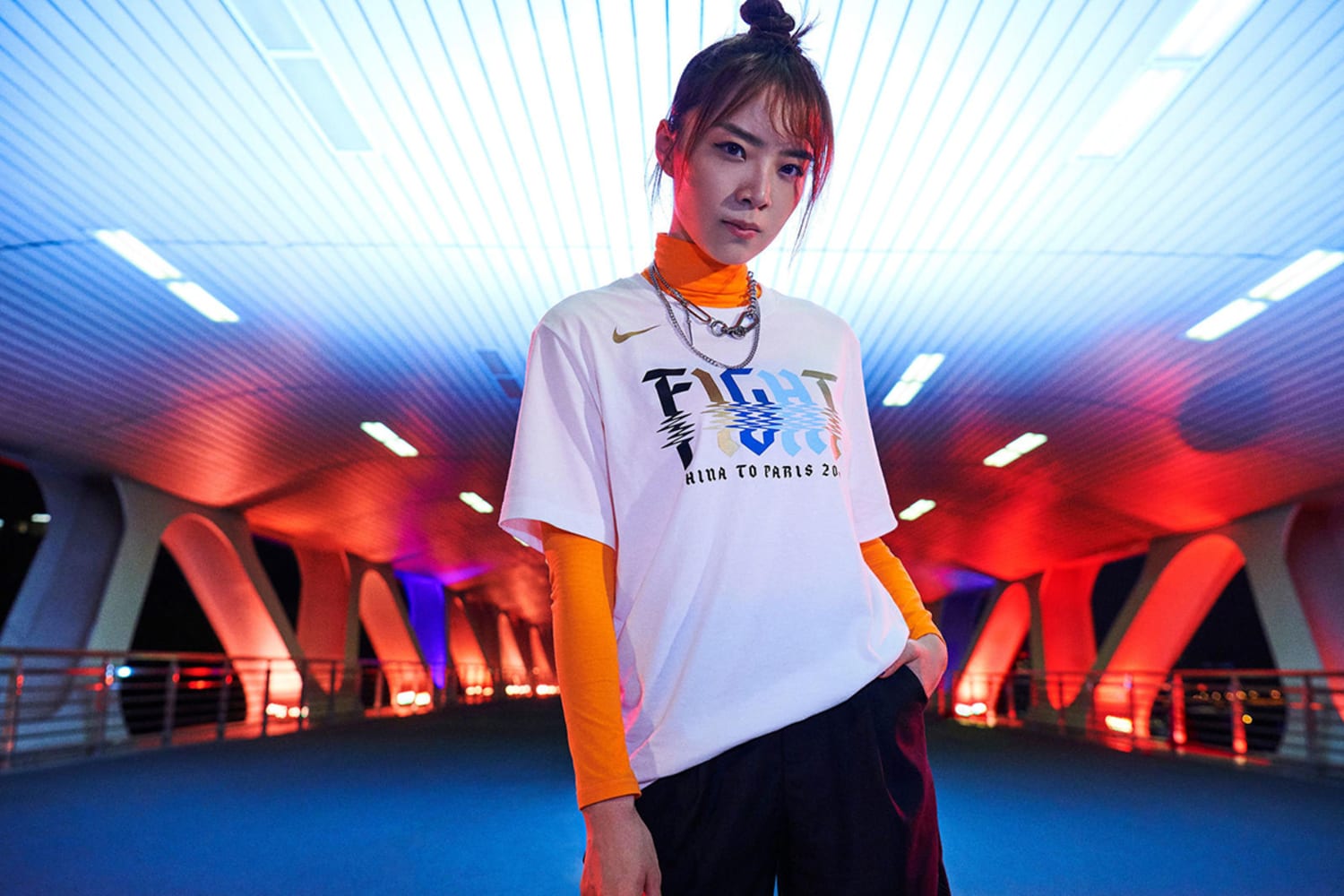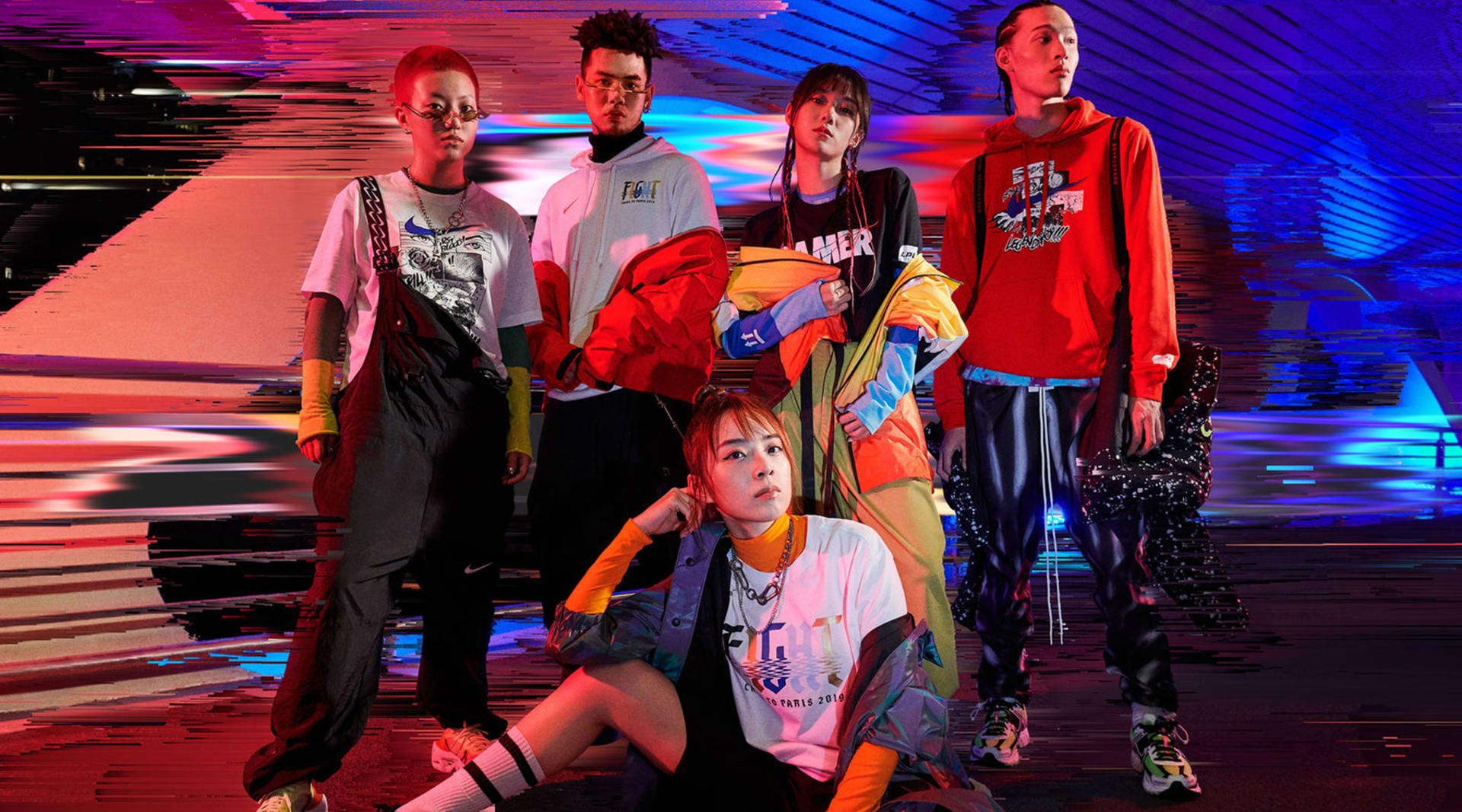Gaming and esports are growing mainstream forces, with global consumer spending expected to climb nearly 10% in 2019 to create a $152 billion industry, according to Newzoo. Within its online ecosystem is a rising cohort of young gamers whose wide-reaching influence is creating new and unexpected avenues for marketers in everything from athletic apparel to beauty.
Esports streamers with millions of generation Z fans are the next frontier for brands.

In August 2019, Fortnite megastar Tyler Blevins, better known as Ninja, entered a multi-year partnership with Adidas, marking the first collaboration of its kind for the sportswear brand. Blevins is not a typical gamer—he made a name for himself as a colorful entertainment personality on Amazon’s Twitch streaming platform before moving to Microsoft’s Mixer in August 2019. In his debut videofor Adidas, the 28-year-old broadly aligns himself with more traditional types of influential creatives, like artists and musicians, and says that “partnering with Adidas is a chance to join a family that celebrates fellow creators at the top of their game.”
This isn’t the first time a sportswear brand has tapped esports culture. K-Swiss entered an agreement in 2018 to supply footwear for esports team Immortals, while earlier in 2019 in China, Nike signed a deal to become the official and exclusive apparel and footwear partner for League of Legends Pro League(LPL) players. The company even tappedLPL player Jian “Uzi” Zhao to appear in one of its campaigns alongside basketball celebrity LeBron James—the first time Nike has featured esports in its marketing.



These collaborations come at a time when 18-to-25-year-olds are spending more time watching gamers on online streaming platforms like YouTube and Twitch than watching traditional spectator sports, accordingto data published in 2018 by Limelight Networks. As of May 2018, Twitch boasted 15 million daily active users, although that figure represents total viewers across all of the platform’s various live streaming categories, not just gamers.
“Influencer marketing in gaming is a massive opportunity which is highly underutilized versus other verticals like fashion and beauty,” says Charlie Baillie, the cofounder of esports media company Ampverse, which launched in August 2019 in Southeast Asia—the fastest-growing market for gaming, according to Newzoo.
“Brands have historically been cautious when approaching gaming as it’s somewhat of the unknown. However, the scale at which talent is building audience—particularly mobile gamers—simply can’t be ignored now,” he says. “The myth that gaming is exclusively teenage boys in dark bedrooms is absolutely untrue.”
Influencer marketing campaigns in these spaces are no longer exclusive to brands that typically advertise to sports and video game enthusiasts. For Valentine’s Day 2019, Hong Kong-based fine jeweler Chow Sang Sang partnered with Tencent mobile game Honor of Kings in China to launch game-themed necklaces and bracelets to appeal to female consumers—Weibo estimated that in 2018, about 63% of its audience for Honor of Kings pro league games was female. MAC also created a set of lipsticks based around five different characters in the game—an idea inspiredby the fact that gen Z players were already referencing the brand when customizing their characters’ virtual lip colors. To spread the word, MAC partnered with pop idols from hit reality TV show Produce 101.


Female gamers are even launching their own beauty products. In March 2019, Fortnite and League of Legends streamer Pokimane (real name Imane Anys) released an eyeshadow palette in collaboration with makeup brand Winky Lux, supplementing her line of cyber-inspired apparel for fans. In fact, Pokimane’s Instagram account, which boasts 3.9 million followers as of September 2019, looks like that of a more typical influencer connecting with their gen Z fans, with feeds for her OOTD, an entirely separate account for her cat Mimi, and vlogs on everything from relationship advice to world travel.
Pokimane is among several female game-fluencers who work under United Talent Agency, with representative Hana Tjia reportedly having conversations with brands including MAC to explore opportunities for reaching followers on burgeoning streaming platforms like Twitch. And other talent agencies and platforms are springing up to fuel collaborations. Millionaire gamer Liu Mou, who goes by PDD, recently led a $17.6 million funding roundfor Elephant Entertainment, an agency for influencer talent that includes teens and 20-somethings on game streaming giant Douyu, one of China’s answers to Twitch.
Baillie notes that brands in the esports streaming arena are dealing with a different kind of influencer community, “in the way it supports its own like no other.”
“This was evidenced recently by how the $30+ million prize pool for the Dota2 International championship in Shanghai was almost entirely crowdfunded by fans of the game,” he tells JWT Intelligence. “If brands approach the space with a willingness to build authentic long-term relationships, it can yield powerful results.”
For more on the gaming space read The Gaming Universe report.
Please provide your contact information to continue.
Related Content

ACT Good Report Names VML No. 1 Network

